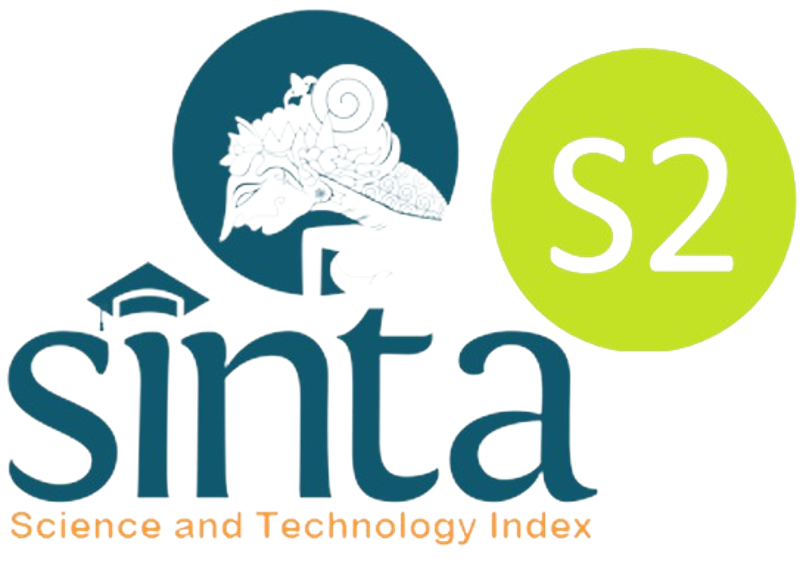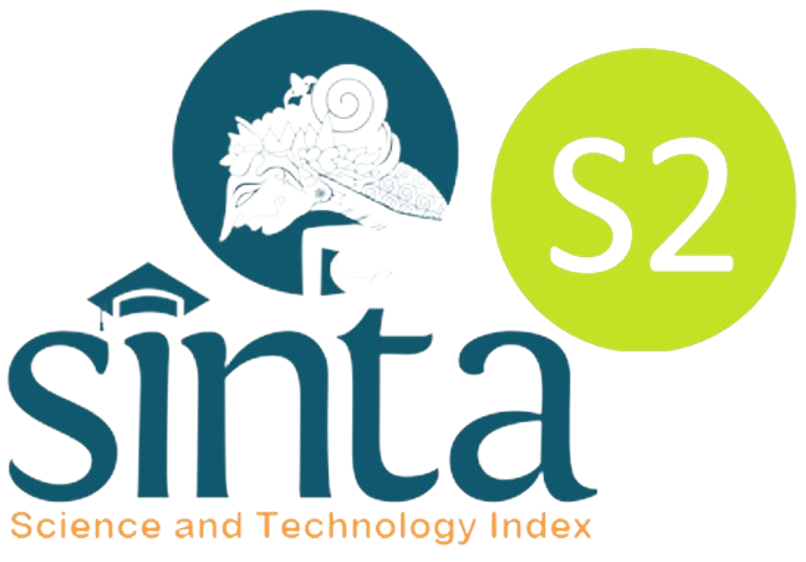DEVELOPMENT OF CHEMISTRY INSTRUCTION MATERIAL USING PROBLEM BASED LEARNING MODEL FOR INCREASING THE STUDENT OF SENIOR HIGH SCHOOL LEARNING ACHIEVEMENT
DOI:
https://doi.org/10.26740/jpps.v7n2.p1479-1486Keywords:
MPBM and Curriculum 2013Abstract
This research aims to develop chemistry learning materials PBM models oriented in curriculum 2013 to improve learning outcomes of high school students on the material factors that affect the rate of reaction. This research is the development by using Kemp models,et al. Limited trial design uses one group pretest posttest design with descriptive analysis techniques of quantitative and qualitative descriptive. This study uses the subject of the trial class XI SMA-Based Leading Pesantren Amanatul Ummah 2015-2016 school year on the subject of factors that affect the rate of reaction. The results showed: (1) The quality of the device can be seen from the validation RPP, validation BAS, validation worksheets, and validation of THB categorized either by reading level easily understood, (2) practicality of the device can be seen from Keterlaksanaan RPP categorized very well, (3) Effectiveness learning tools can be seen from the thoroughness of individual student learning outcomes and the traditional, the effectiveness is also supported by the positive response of students to study indicated 95.83% of students who give a positive response. Based on data analysis can be concluded that the learning device by problem-oriented in curriculum 2013 on material factors that influence the reaction rate meets the criteria of quality, practicality, and effectiveness so that used in learning.Downloads
References
Atkins, P. and Paula, J. (2006). Physical Chemistry (Eighth Edition). New York: W. H. Freeman and Company.
Auliana. (2008). Komponenkomponen pengembangan kurikulum. Jurnal FMIPA UPI. 1(1).
Doabler, C. (2011). Using a scientific process for curriculum development and formative evaluation: Project Fusion. The Journal of Conference abstract tamplate. 1(7).
Herman, T. (2007). Pembelajaran berbasis masalah untuk meningkatkan kemampuan berpikir matematis tingkat tinggi siswa sekolah menengah pertama, 1(1).
Prahani, B.K., Nur, M., Yuanita, L., and Limatahu, I. (2016). Validitas model pembelajaran group science learning: Pembelajaran inovatif di Indonesia. Vidhya Karya, 31(1), 72-80.
Prahani, B.K., Suprapto, N., Suliyanah, Lestari, N.A., Jauhariyah, M.N.R, Admoko, S., and Wahyuni, S. (2018). The effectiveness of collaborative problem based physics learning (CPBPL) model to improve students self-confidence on physics learning. Journal Physics: Conference Series, 997(1), 012008.
Prahani, B.K., Soegimin, W.W., and Yuanita, L. (2015). Pengembangan perangkat pembelajaran fisika model inkuiri terbimbing untuk melatihkan keterampilan penyelesaian masalah berbasis multi representasi siswa SMA. Jurnal Penelitian Pendidikan Sains, 4(2), 503-517.
Slameto. (2003). Belajar dan faktor-faktor yang mempengaruhinya. Jakarta: Rineka Cipta.
Sudiarman, Soegimin, W.W, and Susantini, E. (2015). Pengembangan perangkat pembelajaran fisika berbasis inkuiri terbimbing untuk melatihkan keterampilan proses sains dan meningkatkan hasil belajar pada topik suhu dan perubahannya. Jurnal Penelitian Pendidikan Sains, 4(2), 636-647.
Sugiyono. (2011). Statistika untuk Penelitian. Bandung: Alfabeta.
Suyono dan Hariyanto. (2011). Belajar dan Pembelajaran. Bandung: Remaja Rosda Karya.
Yasir, M., Ibrahim, M., and Widodo, W. (2016). Pengembangan perangkat pembelajaran biologi berbasis metakognitif untuk melatihkan kejujuran siswa. Jurnal Penelitian Pendidikan Sains, 5(2), 1109-1015.
Downloads
Published
How to Cite
Issue
Section
 Abstract views: 578
,
Abstract views: 578
, PDF Downloads: 413
PDF Downloads: 413












